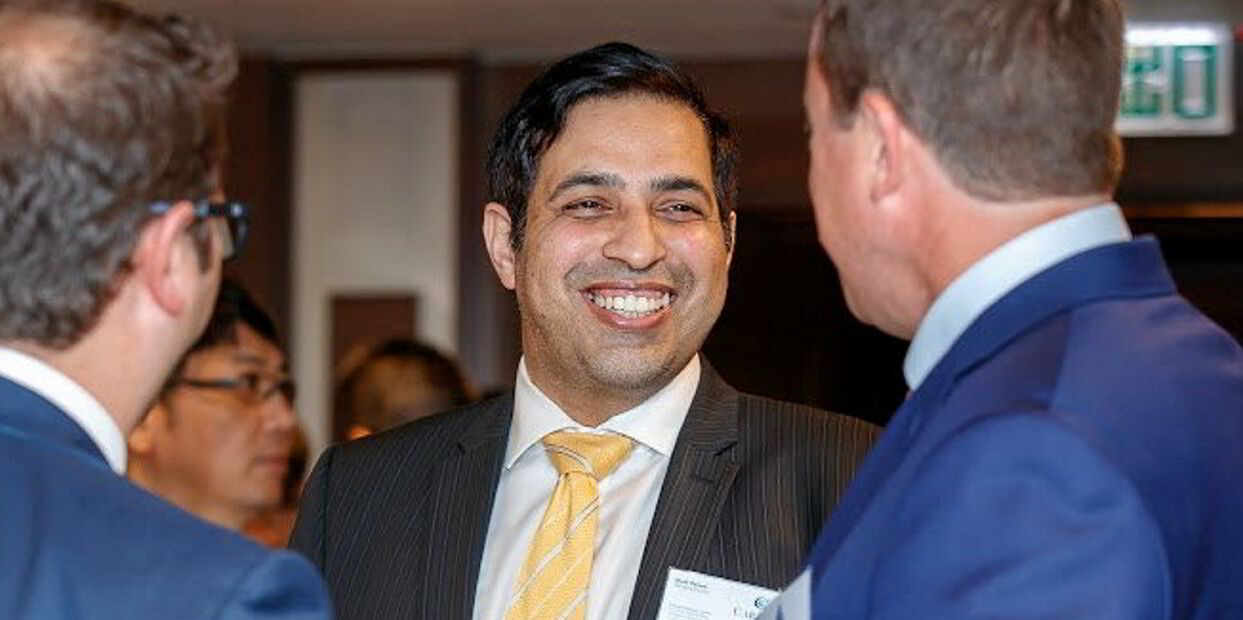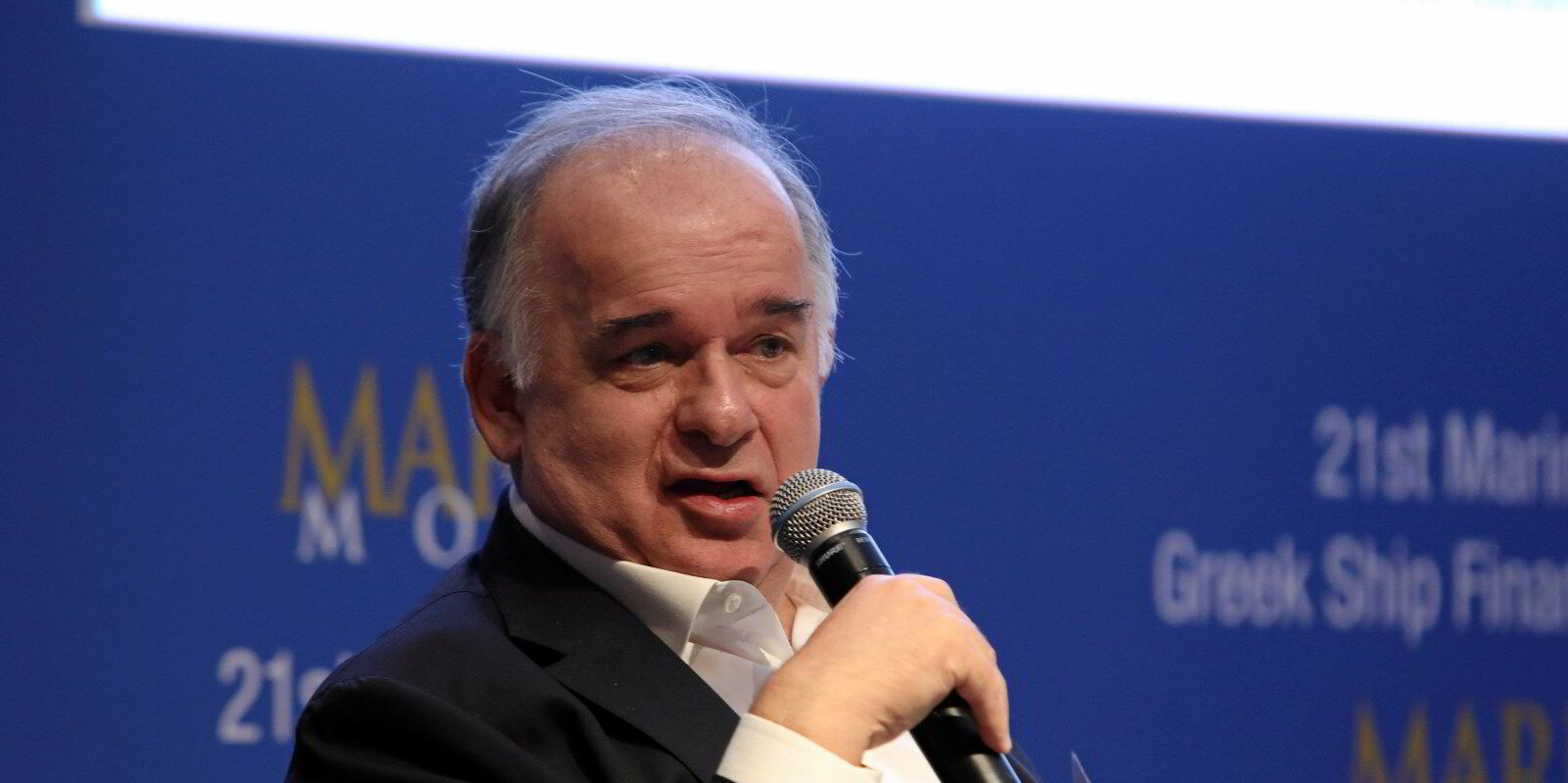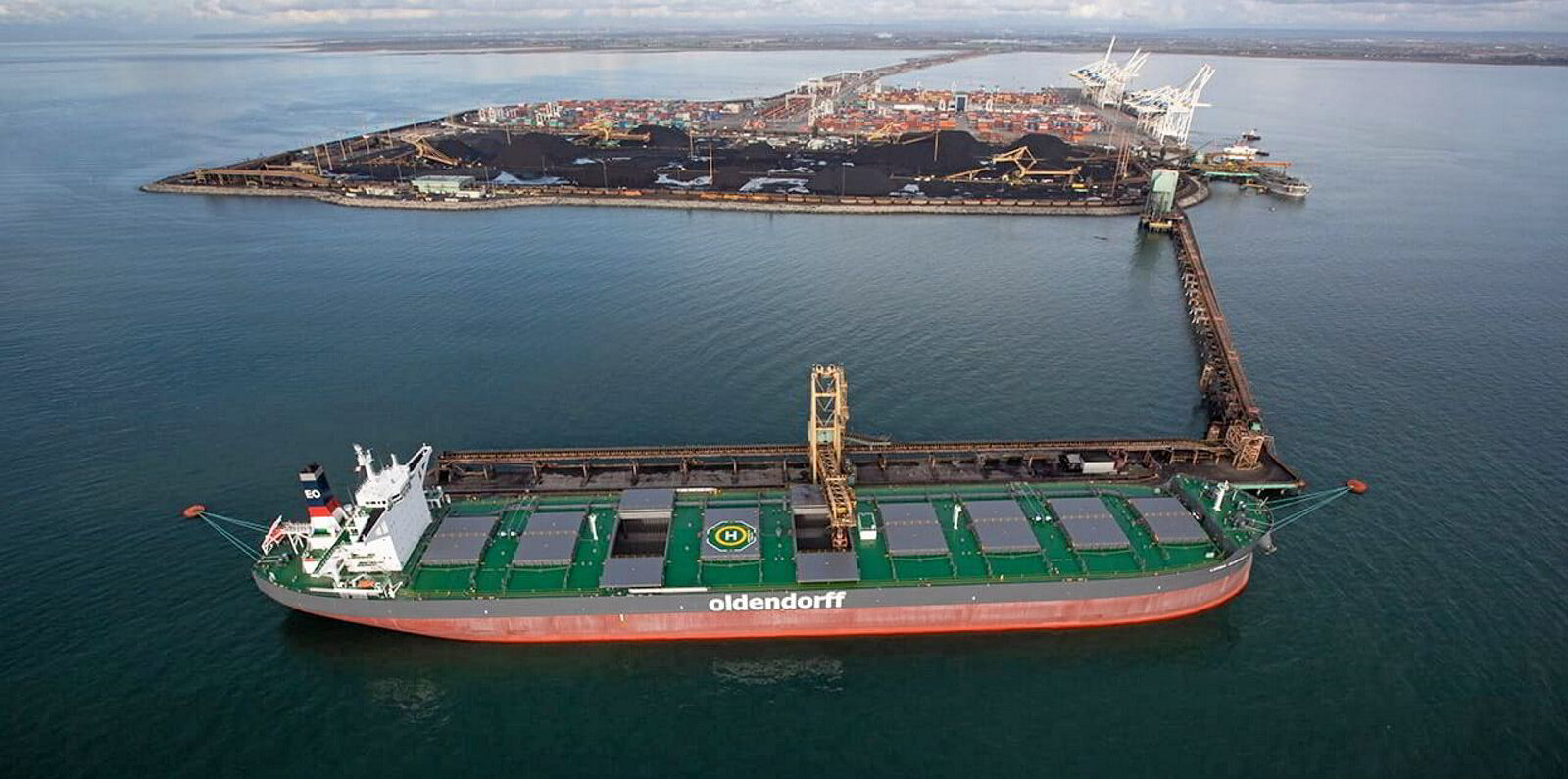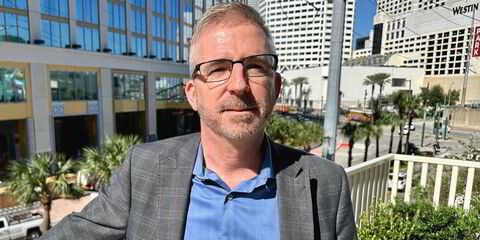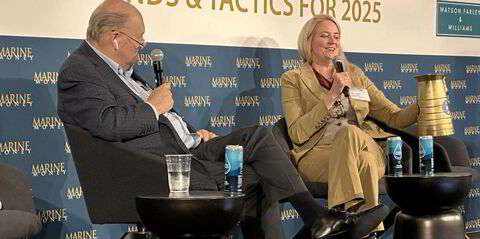Delta Corp has revived plans for a US listing by agreeing on a fresh reverse merger with a distributor of electronic cigarettes.
A prior reverse merger agreement between the bulker operator and the energy logistics group, involving Nasdaq-listed Coffee Holding, was axed in June after two years when the coffee roasting company walked away from the deal.
This time, Delta intends to merge with Nasdaq-listed Kaival Brands Innovations Group, the exclusive US distributor of Bidi Stick vapes and related products.
Kaival and Delta’s London-registered entity will become wholly owned subsidiaries of Cayman Islands-registered Delta Corp Holdings Limited, which will inherit the Nasdaq listing.
Kaival shareholders will receive one share in Delta for every share they hold in the vape distributor. Delta shareholders will receive stock worth $270m.
Delta hopes to complete the process by the end of this year.
The merger transaction is based on an implied initial equity value of about $270m for Cayman-registered Delta Corp, according to the prospectus filed with the US Securities and Exchange Commission.
In contrast, the Coffee Holding transaction valued the company at $625m in 2022.
Delta’s pro-forma enterprise value today is $301m, according to the new prospectus, down from $679.7m in 2022.
Kaival sees potential in the logistics market, while Delta hopes the reverse merger will help it accelerate the expansion of its business and enter new areas.
Mark Thoenes, interim chief executive of Kaival, said: “Delta’s flexible, asset-light business model positions the combined company to capitalise on high growth areas within the energy and raw materials markets and offers our shareholders a unique opportunity.”
Mudit Paliwal, Delta’s CEO and founder, said he was excited about the potential business combination.
“We believe the business combination with Kaival will enable us to continue our robust growth in the public markets,” he said.
Peter Shaerf, Delta’s non-executive chairman, called the merger a “pivotal step forward”.
“[Kaival]’s engaged shareholder base paired with the transparency of a public listing, provide a solid foundation for Delta’s growth, accelerating our momentum,” he said.
“This partnership will support our efforts to expand core business lines and extend our geographical reach, positioning Delta for sustained success and long-term value creation.”
Investment bank Maxim Group is serving as exclusive financial adviser to Kaival.
Financial situation
Delta did not file any of its financial accounting information as part of its prospectus for the deal, unlike it did when it filed documents with the US regulatory agency for the Coffee Holding transaction.
Instead, it included a presentation with a snapshot of its 2023 balance sheet, which shows $176m in assets against $102.8m in liabilities as of 31 December.
Its consolidated revenues for 2023 totalled $617m, down from $621m the previous year.
Bulk logistics generated $345m in revenue last year, according to the presentation.
Neither Delta’s London nor Singapore entities have yet published their 2023 accounts publically. Financial information filed in the Cayman Islands is not accessible to the public.
In July, Paliwal told TradeWinds that Delta is a “financially sound and strong company”.
Clarifying market rumours, he said: “We continue to pay our suppliers albeit a bit slowly and continuously bring any outstandings down.”
Delta originated as a bulker operator after about 20 key staff — including chief executive Paliwal — resigned from Norvic Shipping in 2019.
Since then, the group’s activities have expanded to cover the entire supply chain for dry bulk cargoes, from transshipment to port logistics, ocean transportation, warehousing and delivery to receivers.
The bulker and freight trading division typically operates a fleet of 40 to 50 vessels at any one time, mainly supramaxes within the Atlantic although the firm is building its panamax presence.
Its energy logistics business comprises marine bunkering, land-based fuel supply, lubricant supply and distribution, biofuel supply, trading of carbon credits, plus credit and risk management via its hedging activities.
Delta is also an asset manager in offshore energy and maritime sectors with services comprising technical management, performance monitoring, crewing, plus newbuildings and project supervision. It has 24 vessels under its management, most of which are offshore support vessels.
